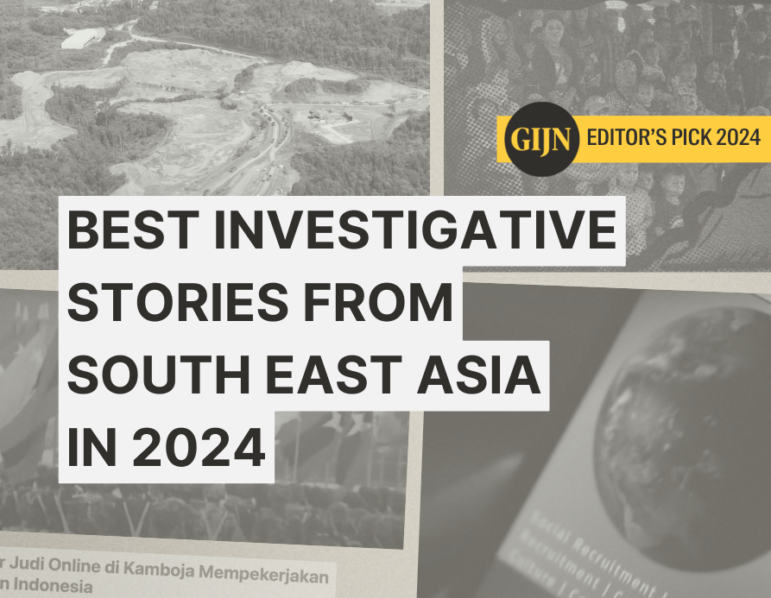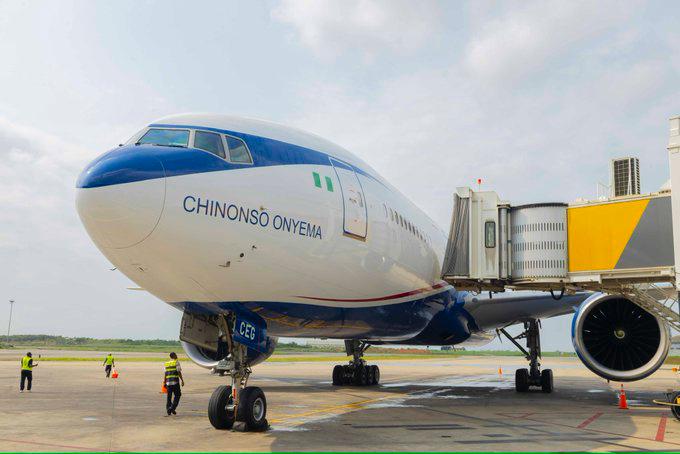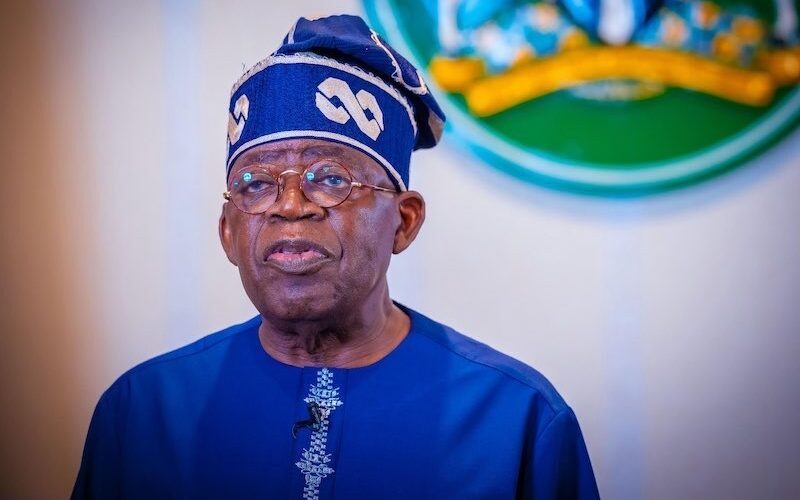

Ongoing conflicts in several countries in the Southeast Asia region, especially in Myanmar and Cambodia, have allowed transnational cybercrimes to flourish as international criminal networks exploit instability. Investigative journalists in Southeast Asia have tackled one of the most complex, multi-faceted examples: digital slavery.
“Scam factories,” often based in border areas such as the Myanmar-Thailand border, draw thousands of young people with the promise of jobs, who then become trapped in a form of modern slavery orchestrated by global crime networks. Investigative reporting has revealed how tens of thousands of Indonesians, as well as citizens of other nearby countries, have become victims of this practice — in which scammer syndicates hold people hostage and force them to work stealing from others online. The UN estimates that 120,000 people are trapped in scam compounds in Southeast Asia, particularly Myanmar and Cambodia.
Environmental destruction also remains a major issue in Southeast Asia. In the Philippines, a Rappler investigation uncovered the environmental and political causes behind a landslide that killed 27 people. In Indonesia, a collaboration between GIJN member Jaring and news magazine Tempo uncovered fraudulent practices in the fishing industry, allegedly involving the families of state officials, and the Narasi team exposed the greenwashing claims of the government-endorsed nickel downstreaming policy.
There will be plenty of challenges in the years to come. Indonesia, for example, has a new president who has immediately raised concerns among civil society networks about his seemingly antagonistic policies toward press freedom and freedom of expression.
The list of investigations included in this year’s Southeast Asia round-up emphasizes the region’s increasingly sophisticated cross-border crimes, but also how investigative journalists consistently play an important role in exposing them — through rigorous verification, innovative digital tools, and visually striking presentation.
Indonesia — Border Hell: The Online Gambling Mafia and Digital Slavery in Asia
Digital slavery in Southeast Asia remains a large, complex issue, and is still rarely covered by Indonesia’s media although tens of thousands of young people are believed to have become victims. The government’s passive attitude in handling the issue exacerbates the situation.
In this documentary, investigative news site Deduktif uncovered the practices of a transnational criminal network behind a scam operation in the city of Shwe Kokko on the Myanmar-Thailand border, which has become a hub for online gambling, trafficking, and fraud operations. The network allegedly includes politicians, armed organizations, Myanmar’s military junta, Chinese organized crime members, and prominent businessmen in multiple countries. Deduktif reconstructed the recruitment process for the victims and managed to verify the operation’s headquarters at a hotel. They interviewed former victims, tracked the coordinates of scam centers, mapped the actors behind them, and managed to piece together the operation’s flow of funds.
Indonesia’s Minister of Foreign Affairs emphasized that the agency continues to try to bring home more Indonesians stuck in these scams. In October 2024, it freed 12 Indonesians that had been trapped on the Myanmar-Thailand border and said 69 more people were in the process of being returned.
“Border Hell” was nominated for Best Short Documentary at the prestigious 2024 Indonesian Film Festival (FFI) Awards.
Myanmar — Scam Factories
An investigative unit at German broadcaster Deutsche Welle (DW) also reported on scam factories fueled by digital or cyber slavery. Through field investigations with escaped survivors and activists, DW uncovered part of the complex, global network of businesses and associations behind operations at the prison-like KK Park, a major scam compound in Myawaddy, Myanmar. Here, DW reported, thousands of people have been trafficked from around the world and forced to work up to 17 hours a day — at gunpoint or under threat of torture or murder — to trick people in Europe, the US, and China into making bogus cryptocurrency investments.
DW uncovered alleged links between KK Park and global organized crime networks. Following the money with information from several scammed victims led them to cryptocurrency wallets for collecting scammed victims’ funds. They then traced one of these wallets to a Thailand-based Chinese businessman who is part of a larger network of overseas business people connected to Chinese organized crime, and, ultimately, a prominent Triad leader.
Indonesia — Illegal Fishing in Eastern Indonesia
Nonprofit publisher Jaring collaborated with Indonesian weekly Tempo to reveal the suspicious practices of the fishing industry in Eastern Indonesia, which is rarely covered. Relying on testimony from victims and local fishermen, backed up with ship identification, tracking, ownership data, and satellite imagery, the team traced the locations of illegal ships that — despite already being sanctioned for modern slavery practices and lacking the necessary documents — were able to operate freely in the Arafura Sea between Australia and the island of New Guinea.
The series also uncovered that relatives of high-ranking government officials have business links to a fishing company operating a ship that had been heavily sanctioned for illegal fishing. One official responded to questions from the team to say that he was not involved with the fishing industry or his relative’s businesses.
Indonesia — Nickel Downstreaming in Weda Bay
Indonesian nickel is an important component in electric vehicle (EV) batteries, and as global demand for nickel soars, the government wants to position the country as a center for international battery supply chains. Nickel “downstreaming” is a set of government policies intending to increase domestic nickel refining, which has dramatically raised nickel export values and, with it, Indonesia’s revenue.
But downstreaming, while touted as part of a clean energy transition, has high environmental and public health costs. In this documentary, the team at media start-up Narasi — through field investigations supported by laboratory tests — revealed the negative impacts of nickel downstreaming in Weda Bay, in North Maluku province. Each year, there is more and more deforestation to make way for the nickel industry; the Sagea River, the lifeline of the community, has turned a murky color and has been polluted by heavy metals and other hazardous substances, strongly suspected to be caused by mining activities upstream. Land conversion has also triggered major environmental disasters, such as floods.
Representatives of mining companies denied responsibility for the river pollution, pointing out that they had not conducted any activity around or along the river, and that they regularly test river water internally and with independent laboratories.
Indonesia — Road Projects Scandal in Lampung
In Indonesia, damaged roads are a perennial problem, particularly in Lampung province on the southern tip of Sumatra. This collaboration involving several Jakarta-based outlets — members of the IndonesiaLeaks platform — and the Lampung-based independent outlet Konsentris, revealed the truth behind the dire state of the province’s roads, where even the Indonesian president’s official car got stuck in a large pothole.
Through carefully tracing thousands of tender documents and scouring sources, the team’s reporting exposed how big-budget infrastructure projects have been repeatedly awarded to companies affiliated with well-known politicians, businessmen, or journalists — or ones with opaque ownership. With publicly available government, procurement, and company data, the team found 1,001 road projects during the 2020–22 period, with a total value of IDR 1.9 trillion (US$120 million). These projects, the report, often failed to complete needed repairs or meet necessary specifications, such as asphalt or cement standards. They also reported on the practice of “borrowing the flag”, where companies use the name or staff of other companies to apply for tenders, which suggested monopolistic practices.
Philippines — The Teduray Tragedy
Rappler’s captivating investigative series and documentary on the Teduray tragedy — a landslide that killed 27 people in Maguindanao del Norte, Philippines, in October 2022 — uncovered the political and environmental factors that contributed to the disaster.
In 2020, around 300 families, members of the Indigenous Teduray community, were forced to relocate from their shoreline homes in Kusiong to a resettlement area in the foothills of Mount Minandar — where heavy rains from Tropical Storm Paeng later caused the fatal landslide. The Tedurays had been fighting for an ancestral domain claim to their native area since 2005. After they were displaced, Rappler wrote, three private luxury resorts were built on the contested coastline, one of which is owned by a well-connected political family.
In its months-long investigation, Rappler discovered that resettlement procedures were not apparently followed; there was no relocation permit, and the relevant government ministry said it had not been consulted or involved. Community sources said they were given anonymous letters telling them to move, and meager sums of cash and rice as compensation. Rappler also reported that, according to the government, required lease agreements have not been issued for the three private resorts. Rappler has received no response, despite repeated requests, from the resort owners.
Malaysia — Timber Grab: The Truth Behind Pahang Oil Palm Plantation
GIJN member and GIJC25 co-host Malaysiakini, in partnership with the Pulitzer Center’s Rainforest Investigations Network, investigated one of the largest palm oil plantations, located in virgin forests close to the country’s largest environmentally protected land area. The plantation’s logging activities threaten endangered species, such as tigers, and have disrupted and polluted the water supply for nearby villagers. It is also, according to one environmental consultant, “the worst-managed oil palm plantation in Malaysia.” Forestry and agriculture data, satellite images, and soil samples showed that the deforestation is “chaotic,” leaving the plantation patchy, barren — and overrun with elephants that damage the infrastructure. In addition, the palm oil yield has been “laughably” low.
Malaysiakini’s investigation explained, with compelling data visualizations, the economics of palm oil production, where profits are slow to materialize because a palm oil tree takes four years to mature. For this and other reasons, it’s not unusual for plantations to stall or fail, citing “wildlife conflict,” and for the developers to sell the valuable logged timber instead. The team also noted that 95% of the plantation land in Panang is being developed by corporations with political or royal ownership links. The report called on the government to conduct further investigations into the handling of plantation approvals and better enforcement of environmental protections.
On December 17, Malaysiakini followed up the April investigation with an article linking prominent banks to large loans for plantation developers despite many projects failing — calling the banks’ credibility and independence into question.
Indonesia — Unmasking Anti-Rohingya Hate Campaigns
On March 20, hundreds of Rohingya refugees were found adrift in Indonesian waters off West Aceh after their boat capsized, killing 67 out of 142 passengers. This incident — amid an increase in boat crossings from Myanmar and Bangladesh — became a focus for disinformation and hate speech on social media. This Narasi documentary investigating spikes in online hate speech noted that this “organized hate” in comment sections led to “real action,” such as the eviction of Rohingya refugees from shelters in Aceh. Narasi collected thousands of pieces of content mentioning the Rohingya issue on social media platforms, including X, Instagram, Facebook, and especially TikTok, and found that the posts and videos were part of an organized campaign involving influencers with small and huge followings alike. They also found that bots generated massive engagement and comment data.
Narasi also looked into how politicians exploited the Rohingya refugee issue to gain public support ahead of Indonesia’s February 2024 presidential election. A statement by then-presidential candidate Prabowo Subianto, three months before the Aceh boat sinking, in which he talks about prioritizing national interests over refugees was massively amplified on TikTok and X — by accounts associated with support for the former army general. Narasi’s attempts to confirm several names involved with the Prabowo-Gibran presidential campaign team were rebuffed or went unanswered.
 Tri Joko Her Riadi started his journalistic career in 2007 as a reporter at Pikiran Rakyat. He is currently GIJN’s Indonesian Editor. He also holds the post of editor-in-chief of BandungBergerak.id, an alternative media outlet that publishes data-driven stories about Bandung, Indonesia. He has received recognition at the Elizabeth O’Neill Journalism Awards, and several other local journalism awards in Indonesia.
Tri Joko Her Riadi started his journalistic career in 2007 as a reporter at Pikiran Rakyat. He is currently GIJN’s Indonesian Editor. He also holds the post of editor-in-chief of BandungBergerak.id, an alternative media outlet that publishes data-driven stories about Bandung, Indonesia. He has received recognition at the Elizabeth O’Neill Journalism Awards, and several other local journalism awards in Indonesia.










